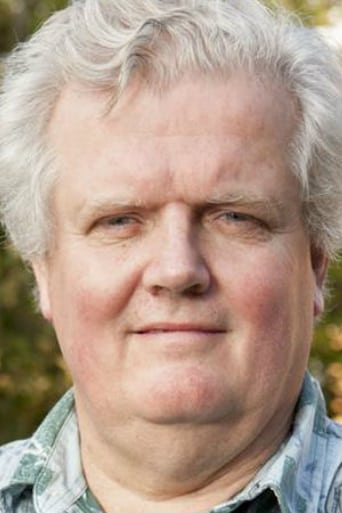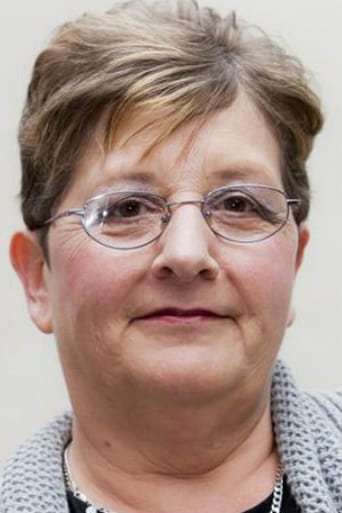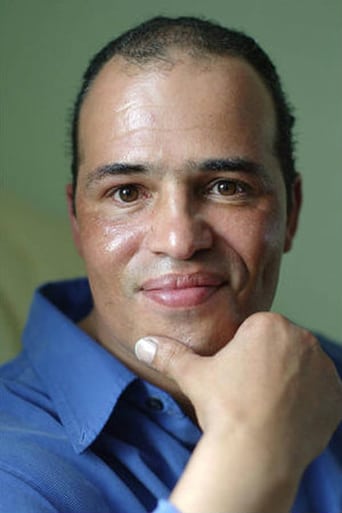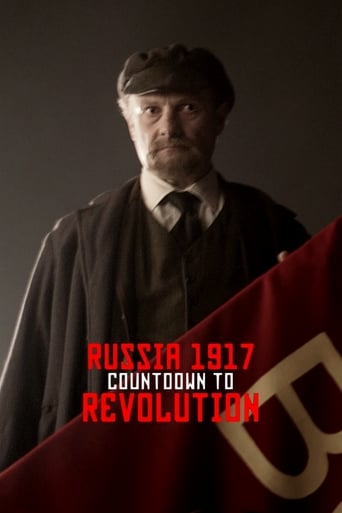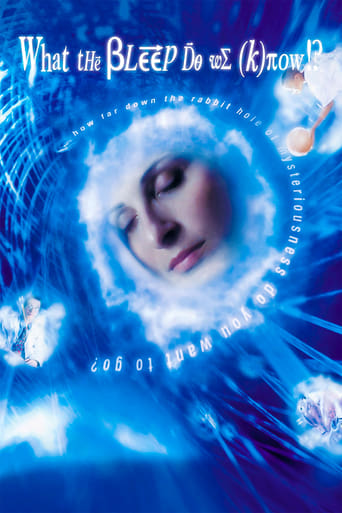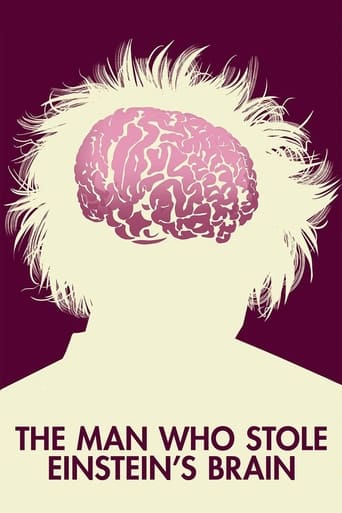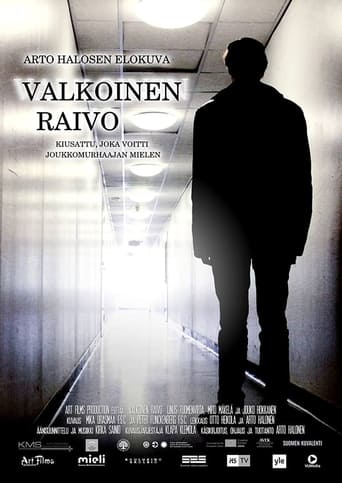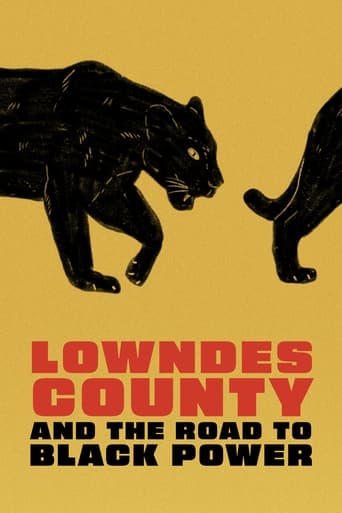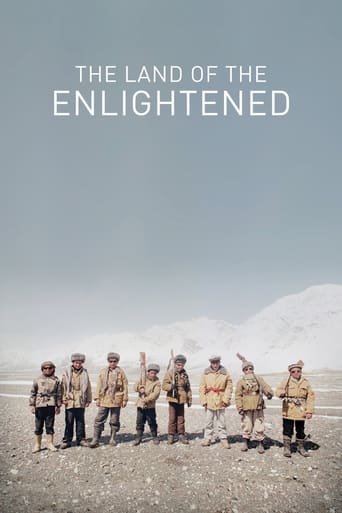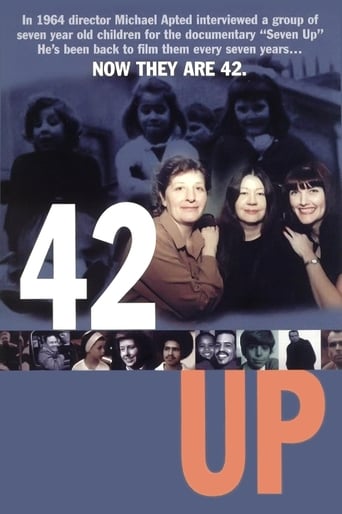
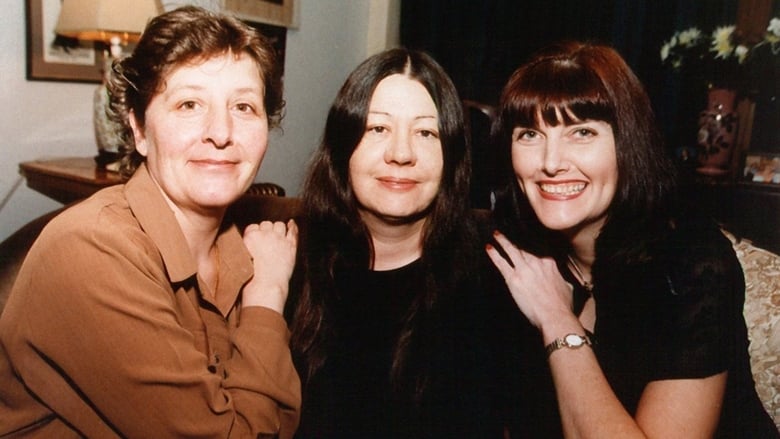
42 Up (1999)
Director Michael Apted revisits the same group of British-born adults after a 7 year wait. The subjects are interviewed as to the changes that have occurred in their lives during the last seven years.
Watch Trailer
Cast
Similar titles
Reviews
Powerful
It's entirely possible that sending the audience out feeling lousy was intentional
I am only giving this movie a 1 for the great cast, though I can't imagine what any of them were thinking. This movie was horrible
what a terribly boring film. I'm sorry but this is absolutely not deserving of best picture and will be forgotten quickly. Entertaining and engaging cinema? No. Nothing performances with flat faces and mistaking silence for subtlety.
I must confess that "42 Up" felt a bit redundant but it has nothing to do with the documentary itself, but rather the fact that I'm binge-watching the series, a concept that is totally estranged to the context when it was made, but that affects the "enjoyment" a little bit.Michael Apted's epic documentary series spanned more than three decades by the times the sixth episode was made, for the targeted audience, each episode was as fresh as if it was the first, carrying just a few bits of déjà vu. The introductory montages were necessary for a time where there was no video, let alone Youtube, to remember where we left each person. This is why I'm taking a little break after the '42' episode, I need to "miss" them for at least one or two weeks before concluding the series.But boy, I'm always glad when the show starts and as usual with good old Tony. Tony was the little guy who dreamed to become a jockey and had fulfilled his dream for a few months before becoming a bookie runner than a cab driver, he took his under-achieved goal with all stride, took acting classes, had a few roles, nothing to brag about, but nothing to be ashamed of either. Tony isn't a dreamer but a doer. And I'm amazed of the consistency of his high spirit.However, I was startled and moved by the physical changes, he gained a few pounds and definitely had that forty-something look, in a way, he made me ready to observe similar changes in the others. Nicholas lost hair, Paul a little less and his goatee featured a white little crop at the bottom, Bruce became a bit chubbier, Jackie and Susan looked their age and Lynn a bit older, probably her health didn't help... I'm sorry to venture into such superficial observations, but let's not pretend that this is an aspect we wouldn't care about. Haven't you noticed that after looking at old pictures, you look at yourself in the mirror?The interest toward physical changes might confine to a form of voyeurism but it's one of natural inclination, we care about it as we care about any sign of a declining health, and just like many of them have lost their parents in the previous episodes, some are getting ill, like Jackie whose disease seems to be a tad worse than Lynn's. It is obvious that as the series advances, some will get sicker and eventually die, I didn't put much thought into that until this episode. Thankfully, 42 is still relatively young and the episode allows us to focus on happier fates like Bruce who has finally met love, Simon who divorced and found love again, but let's get to the most anticipated of all: Neil, almost the greatest miracle of the series.Neil has always been the toughest nut to crack. For all I knew, when I 'left' him at 35, Neil could be as well alive or dead at 42, happy or miserable, but I was pleasantly surprised to learn that a friendship grew between him and Bruce, which allowed him to become politically active. Politics seemed to be tailor-made for Neil, as he was the kid who dreamed to be a bus driver, showing people what to look at. Ever since the show started, Neil has always been the one who shows us a different direction, not the marriage and the family, not success or money, something he didn't know exactly, but that we could figure out after hearing his insights about life, love, God and death, with Bruce's influence, he also started to get more involved in religion.That bit doesn't contradict Neil's personality since he admitted a few episodes earlier that believing in God was necessary to survive in this world. The documentary pays off with the part dedicated to Neil, because he's always the interrogation mark, and he still is, I could see him becoming a writer, a teacher or even a drifter again, he's the soul of the "Up" series as unpredictable as life itself. But there's something else that gives an edge to this chapter when at the end, it gets back to the other protagonists, asking them two different questions. How they feel about social classes in Britain? And about their fame? As if Apted was aware of their mortality (he was 57 at the time), he seizes the opportunity to have a retrospective look at the documentary and make the subjects for once commentators of their own journey.The social class bit is important because the 'characters' don't change much, we see the evolution of Britain and the population, the rise of immigration, technology, and it's interesting to hear these upper and working class people analyze happiness through their own background. What we gather is that social classes are less and less insurmountable barriers but they used to be quite tangible factors before, although not being obstacles to happiness. Now that everyone has access to the rest of the world, you can be aware of what you're missing and try to overcome your condition, the days of resignation are over. As for fame, these men and women became like British pupils instantly recognized, especially every seven years and incarnating a generation, a human snapshot of Britain in constant evolution.If the show was made today, it would have featured more middle-class people, more women, certainly more ethnic or sexual minorities, like some marketing panel but you don't feel anything lacking in the series as we've been following them since they were 7 and they are literally part of our families. And from their respective journey, we have the opportunity to observe the evolution of British landscape, if not clear reflections, they're providential windows to their country, to the world, to life, to our own existences.
The 'Up Series' represents one of the most fascinating and unusual uses of film in cinema history - a documentary life-long chronicle of the lives of 14 people starting at 7 years old, revisiting them every seven years through age 49 (so far). While I could quibble, wishing for a bit more depth here and there (especially with the women, where there's a bit too much emphasis on love and marriage at the expense of all else), it's really an astounding, moving, frightening and uplifting document. There's no way to watch this remarkable series of films without reflecting deeply on one's own life, and how you have changed (and stayed the same) over your own lifetime. While Michael Aped deserves every bit of credit he's received for this amazing piece of cultural anthropology, it's important to note this first film, 7 Up,was actually directed by Paul Almond, and Apted was a that point a researcher for the project.
Most of the posters here have already thoroughly covered the concept and content of this amazing docu series, so I'll avoid generalizations.First of all, Apted began an American version years ago ["Age Seven in America," (91) and "14 Up in America"(98)], but I have been unable to locate them. He did not direct these versions, but acted as a producer. Ironically, 2005 is the year for "21 Up in America" and "49 Up." I certainly look forward to the latter.It is quite interesting to see that the styles and "feel" of each original series entry appears about ten years off. In other words, the shows in the 80s feel like the 70s, and the 90s editions feel very 80s-ish. Has anyone else noticed this? Perhaps it is the difference in cultures, or the style of film-making. Regardless, the "Ups" are amazing. I watched all six documentaries within one week. Although I had been familiar with them as early as the 80s, I had never bothered to sample an edition. My loss.There has been no document of human growth quite as effective as this.
I can't say enough about this series. I just watched 28 up, 35 up and 42 up all in about a week's time, so there are a lot of things to talk about within the entire series, rather than just in this one particular film. But I'll do my best to focus on 42, since that is the film I am commenting on. As a film on its' own, 42 up is probably the most interesting of the series as far as watching the people change physically over the years goes. Each subject filmed at the six different stages appears (except for those that had dropped out of the program) and you get to see how they have transformed over the years. 42 is also great because you also get to see how film techniques (& stock) have evolved over the years along with the people. In the present time, the film looks beautiful and rich in color while each successive film appears murkier and murkier over time until you get the original black and white of 1964. The problem with 42 Up, if you were going to watch just this one film, is that because there are so many flashbacks of people at various stages, this leaves little room for getting to know them better (during a 2 hour time frame). I have talked to people who say, "I am just going to watch 42 up because they give you all the background stuff anyway.." I say NO!.....For a richer experience, and this is what I did so you can take it for what it's worth, watch 28, 35, and 42 up at least so you can get to know these people fully at each stage. There are crucial things that happen to these people in 35 for instance which does not show up in 42.(Neil!!John!!) I cannot even view each film as seperate, because they all seem sewn together somehow. Taken as a whole, they are amazing to watch..and the suspense in wondering what happened to each over the next seven years is truly there if you start early in the series. So watch some of the others before you watch 42 to get the full effect. On to the characters..who are real people. Their stories are so beautiful to watch unfold over time it is truly amazing they were captured at each stage as they grew up. And you can even get the feeling by the end how large their lives really are and that they extend way beyond the borders of the film which the filmmakers obviously knew and luckily never once tried to pretend that they could completely capture the essence of a person on film. You just get tiny snippets of who these people are yet by the end you can't stop thinking about them, they become a part of you. I cannot think of any movie or series of movies where the characters were so richly drawn as these were, especially over the course of time. A beautiful, wonderful series that everybody should own. Questions (if anyone can answer them for me) 1) Whatever happened to John???? why don't they even mention him (like they do some of the others who dropped out) in 35 & 42? He disappears after 28! What happened to him??? 2) Are there any other projects going on like this in America or on a global scale? I think it would be a brilliant idea to do this similarly Globally to investigate and compare cultures all over the world! 3)Will there be a 49 Up or was that the end of the series?
